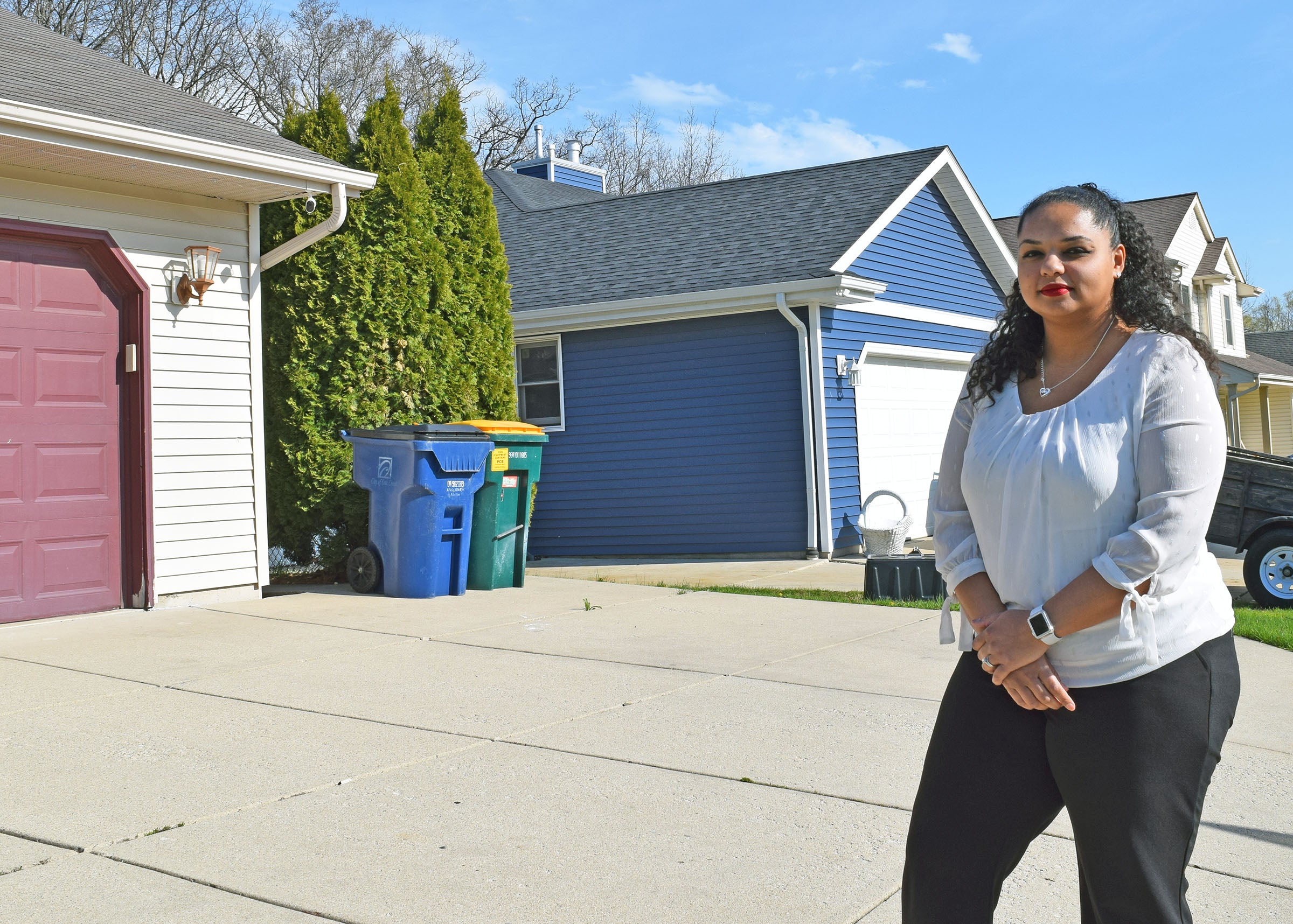You’ve probably heard of efforts to clean up pollution in oceans and waterways, but what about in space? Veronica Rueckert and Rob Ferrett examine the state of trash in space. They also explore the lives of the thirteen owners of a ’57 Chevy. Then they check in on the judicial review of Wisconsin’s admitting privileges abortion law.
Featured in this Show
-
Engineer Says It's Time To Get A Handle On Space Junk
Space junk — man-made objects that linger in orbit around Earth — might not be the most glamorous legacy of humankind’s many forays to the stars, but it could be one of the most pressing.
In 1978, NASA scientist Donald J. Kessler predicted a future in the Earth would be surrounded by a field of debris so thick that space travel would be rendered impossible. We might not be there yet, but space junk represents a danger today for satellites and even for the human population below. Some larger pieces of debris are tracked by the U.S. Defense Department, but Tom Percy, a systems engineer from the University in Alabama, said “the danger is the 500,000 things the size of a marble.”
Some space trash comes from abandoned satellites that burn through their fuel and remain in orbit in a state of disrepair. Other debris comes from things like panels and rocket stages that come off in flight, or when two objects in orbit collide. Items that don’t burn up when they enter the Earth’s atmosphere could theoretically make their way to terra firma below — like the satellite Skylab which touched down in pieces in Australia in 1979.
Cleaning up space is no simple task. Building satellites and other orbital space hardware that’s already equipped to be cleaned up may be a key part of the mission. Percy envisions outfitting satellites with sails that could slow down their re-entry into Earth’s atmosphere, giving them enough time to burn up. Another possibility is using ion propulsion packs to direct objects into the atmosphere.
Cooperation might also prove key. Today, there are upwards of 40 countries with space programs, with most of them leave a footprint behind — “leftover satellites left waiting to run into something.”
Right now, there are guidelines in place that encourage countries to remove space detritus within 25 years, but as Percy points out, they’re just guidelines. Focusing on post-mission disposal is key, said Percy, along with urging compliance of the 25-year removal guideline.
One silver lining, according to Percy: “People are starting to take it very seriously.”
-
Trial Begins On Wisconsin's Admitting Privileges Abortion Law
Testimony began Tuesday in the challenge to Wisconsin’s law that would require doctors who perform abortions to have admitting privileges at a hospital within 30 miles of their clinic.
-
Cleaning Up Pollution…In Space
A growing amount of debris in our planet’s orbit is a threat to satellites and future space efforts–and the window to clean it up is closing. That’s according to an engineer who outlines the technical and political challenges of decluttering space.
-
Auto Biography: The Tale Of A '57 Chevy
Prolific automobile historian Earl Swift shares the stories of 13 different owners of a ’57 Chevy wagon, a classic American car.
Episode Credits
- Rob Ferrett Host
- Veronica Rueckert Host
- Tom Percy Guest
- Gilman Halsted Guest
- Earl Swift Guest
- Galen Druke Producer
Wisconsin Public Radio, © Copyright 2025, Board of Regents of the University of Wisconsin System and Wisconsin Educational Communications Board.





